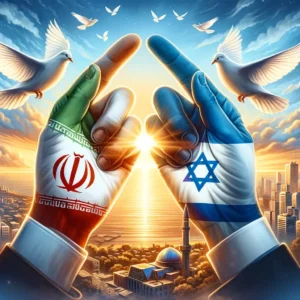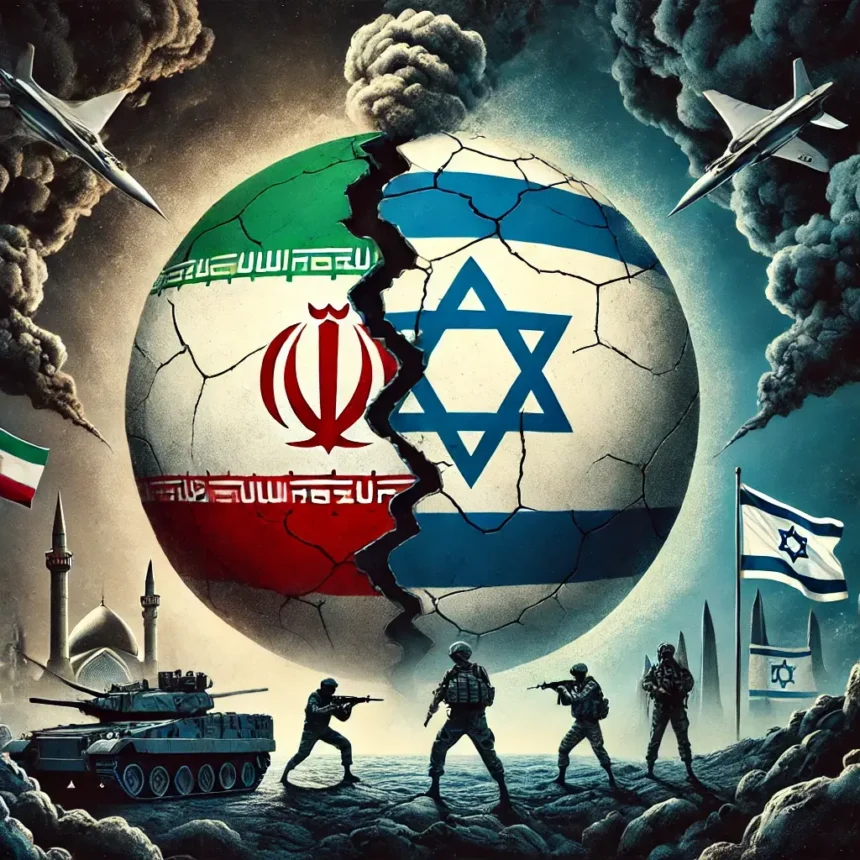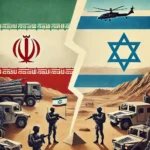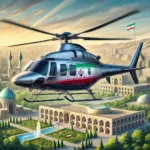Introduction
The conflict between Iran and Israel has been one of the most complicated geopolitical issues in the Middle East. Recent events, like the Iran attack on Israel, have only intensified the situation. With tensions rising, many are wondering what the future holds for the region. This article explores the causes, impacts, and global implications of the ongoing conflict while highlighting the keyword “Iran attack Israel Israeli” in a way that ensures clear readability for all.
Historical Background of Iran-Israel Tensions
Iran and Israel have a long history of strained relations. Initially, both countries maintained diplomatic ties before the Islamic Revolution in 1979. However, after the revolution, Iran declared its opposition to the Israeli state, marking the beginning of decades of hostility. Ideological differences, territorial disputes, and foreign alliances have influenced the Iran attack Israel Israeli conflict.
Causes of the Iran-Israel Conflict
Several factors have led to the current state of affairs between Iran and Israel. At the core is the ideological rivalry. Iran, an Islamic republic, does not recognize Israel as a legitimate state. The Palestinian issue is also a significant factor. Iran has long supported Palestinian resistance movements, further fueling the Iran attack Israel Israeli tension. Additionally, Iran’s nuclear ambitions and Israel’s military responses have added to the volatility of the region.
Ideological Differences
The ideological divide between Iran and Israel is one of the most critical causes of the conflict. Iran views Israel as an illegitimate state, while Israel sees Iran as a threat to its security due to its calls for the destruction of Israel.
Nuclear Concerns
Iran’s pursuit of nuclear capabilities has raised alarms globally, particularly in Israel. Israel considers a nuclear-armed Iran as a direct threat. The phrase “Iran attack Israel Israeli” often revolves around concerns about potential preemptive strikes or retaliations between the two nations.
Proxy Warfare
Iran has long been accused of supporting militant groups like Hezbollah and Hamas, which are hostile to Israel. These groups have clashed with Israeli forces, raising the likelihood of direct military engagements.
The Impact of Iran Attacking Israel
The implications of an Iran attack Israel Israeli scenario are far-reaching, both regionally and globally. Such an attack would destabilize the entire Middle East, leading to significant military, political, and humanitarian consequences.
Regional Instability
An Iran attack on Israel could plunge the entire Middle East into chaos. Neighboring countries, already facing internal issues, might take sides, leading to a wider regional conflict. This could jeopardize the stability of countries like Lebanon, Syria, and Iraq, further complicating the geopolitical landscape.
Global Economic Impact
The Middle East is a critical region for the global oil supply. Any conflict in the area, especially one involving Iran and Israel, would likely disrupt oil production and export, causing global energy prices to spike. This could lead to economic instability worldwide, affecting everything from transportation to food prices.
Humanitarian Crisis
The Iran attack Israel Israeli conflict could result in a significant humanitarian crisis. Civilians on both sides would be affected, leading to loss of life, displacement, and widespread destruction of infrastructure. International organizations would likely have to intervene to provide aid and mediate peace talks.
The Role of International Actors
The Iran attack Israel Israeli conflict has attracted the attention of many international actors, including the United States, Russia, and European countries. These nations have played critical roles in either mediating peace or exacerbating tensions, depending on their geopolitical interests.
The United States’ Involvement
The U.S. has been a staunch ally of Israel for decades. Any Iran attack on Israel would likely prompt a strong U.S. response. American military support for Israel, along with sanctions and diplomatic pressure on Iran, are expected to play significant roles in how the conflict unfolds.
Russia’s Role
Russia has maintained good relations with Iran, making its role in the Iran attack Israel Israeli conflict complex. While Russia may not openly support an attack, it could provide diplomatic and military support to Iran, creating a delicate balance in the region.
European Response
European countries, particularly those in the European Union, would likely seek to mediate peace and prevent further escalation. However, their ability to influence the situation may be limited due to their reliance on Middle Eastern energy and existing international alliances.
Potential Consequences of an Iran Attack on Israel
The consequences of an Iran attack Israel Israeli conflict would be catastrophic, both for the region and the world. Some of the potential outcomes include:
Prolonged War
The conflict could escalate into a full-scale war involving multiple nations. Iran and Israel both possess advanced military capabilities, making the possibility of a prolonged and devastating war very real.
Diplomatic Fallout
An Iran attack on Israel would strain diplomatic relations between countries globally. Nations would be forced to take sides, potentially leading to diplomatic rifts and even economic sanctions against either Iran or Israel.
Nuclear Threats
One of the most concerning outcomes of an Iran attack Israel Israeli conflict is the potential use of nuclear weapons. While Israel is believed to possess nuclear weapons, Iran’s nuclear program remains a subject of international scrutiny. The use of nuclear weapons could result in unprecedented devastation.
Solutions to the Iran-Israel Conflict
Despite the rising tensions, there are potential pathways to peace between Iran and Israel. Diplomatic efforts, international interventions, and mutual concessions could pave the way for a more stable Middle East.
Diplomacy
Engaging in direct diplomatic talks is essential for reducing the risk of an Iran attack on Israel. International actors, including the United Nations and other regional organizations, could mediate peace talks and facilitate communication between the two nations.
Arms Control
Both Iran and Israel must agree to arms control measures, especially regarding nuclear weapons. Establishing a Middle Eastern nuclear-free zone could be one way to reduce the threat of nuclear conflict.
Economic Cooperation
Economic incentives could be used to encourage peace between Iran and Israel. International trade agreements, investments, and development projects in the region might provide both nations with mutual benefits, fostering cooperation over conflict.
The Future of Iran and Israel Relations
The future of Iran-Israel relations remains uncertain. While the risk of conflict remains high, there is also hope that diplomacy and international interventions can help resolve tensions. The Iran attack Israel Israeli conflict serves as a reminder of the fragile nature of peace in the Middle East, but with concerted efforts, there is still a chance for reconciliation.

FAQs
What is the root cause of the Iran-Israel conflict?
The Iran-Israel conflict stems from ideological differences, Iran’s support for Palestinian resistance movements, and regional power dynamics.
Could an Iran attack Israel Israeli conflict lead to a nuclear war?
While the risk exists, diplomatic efforts and arms control measures are being pursued to prevent a nuclear conflict.
How does the international community view the Iran-Israel conflict?
The international community is divided, with some nations supporting Israel and others backing Iran. Many countries are advocating for peaceful solutions to avoid escalation.
What are the potential economic consequences of an Iran attack on Israel?
An Iran attack on Israel could disrupt global oil supplies, leading to higher energy prices and economic instability worldwide.
Is there hope for peace between Iran and Israel?
Despite the ongoing tensions, diplomatic efforts, economic cooperation, and arms control measures could pave the way for peace.
Conclusion
The Iran attack Israel Israeli conflict remains a critical issue in international politics. While the potential for conflict is real, efforts are being made to find peaceful solutions. The stakes are high, and the global community must work together to prevent further escalation.





